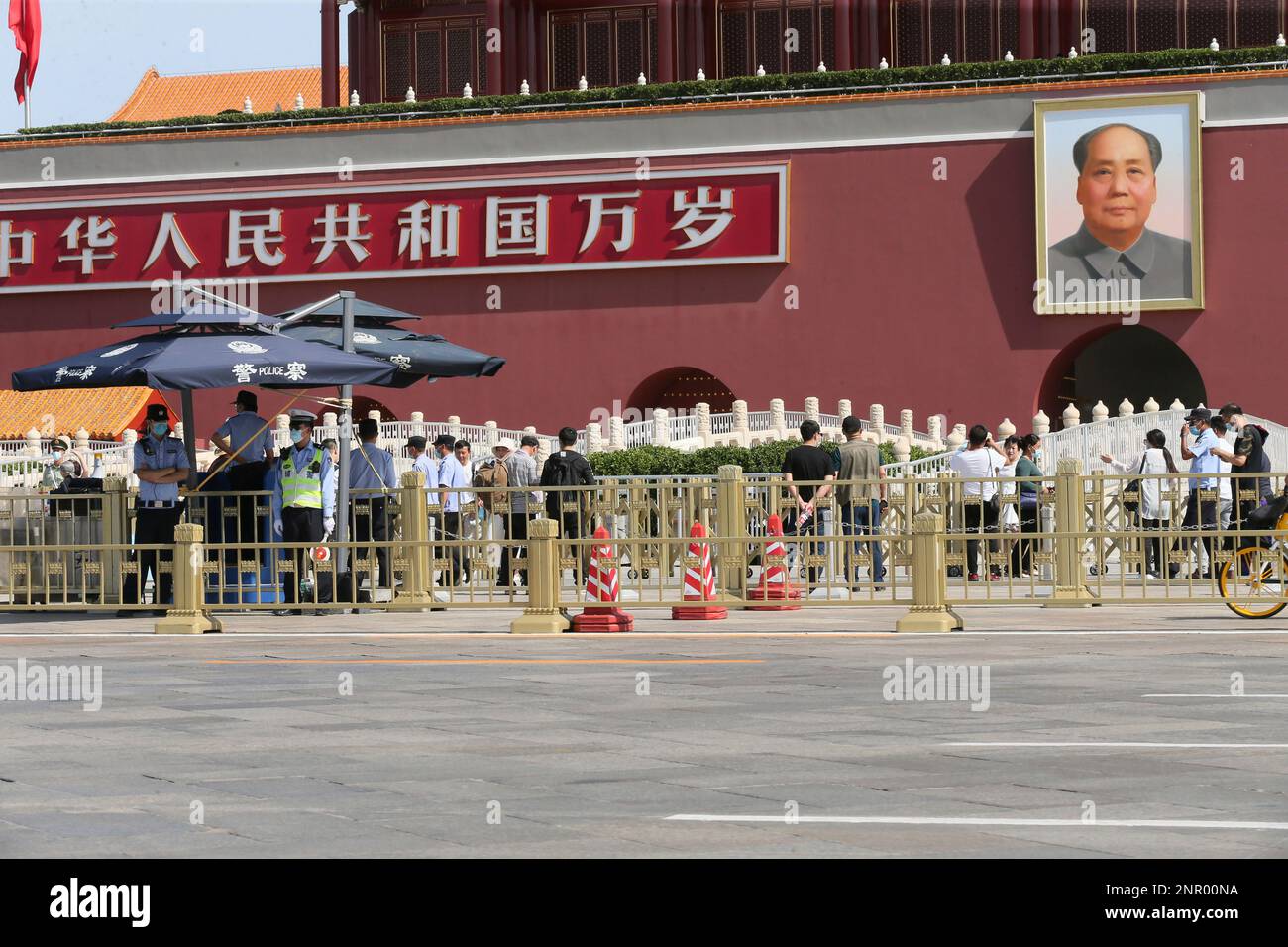(Publish from Houston Texas USA)
(By: Zafar Chishti)
Pakistan Muslim League Nawaz (PML-N) has demonstrated its political strength in the recent National Assembly by achieving a clean sweep in six seats, significantly strengthening its position in the House. With this clean sweep, PML-N now holds 132 seats, making it the largest party in the National Assembly and enabling it to pass legislation with its allies without relying on the Pakistan Peoples Party.
The National Assembly consists of 336 members, and a simple majority requires the support of 170 members. With its current numbers, PML-N has comfortably crossed this threshold, allowing it to push forward bills and important legislation without any external obstruction. This victory also marks a major shift in the political landscape, as the PPP, which previously played a decisive role in lawmaking, can no longer exert the same influence over PML-N. This independent position gives PML-N the freedom to implement its policies and programs in the House without being constrained by external pressures. The results indicate growing public support for PML-N, tilting the balance of political power in its Favor and positioning it as a strong and independent force in national politics.
With its strengthened position, PML-N can now lead decision-making in the National Assembly both for its party’s priorities and in coordination with its allies. Smaller parties and independent members are also aligning with PML-N, further reinforcing its majority. PML-N’s dominance now extends to constitutional matters, including the potential for presidential decisions, without requiring PPP support, signalling a significant shift in the political dynamics. This new reality allows the party to carry out its legislative agenda freely and to influence the direction of national policies independently. The party’s growing strength may prompt other political parties and public circles to reconsider their strategies, recognizing PML-N’s enhanced influence. Beyond legislation, this victory solidifies PML-N’s role as a key decision-maker in government affairs, enabling it to shape political and constitutional processes according to its priorities. It also demonstrates that PML-N has successfully gained public trust and established itself as a stable and effective party capable of achieving its political objectives without external interference. For PPP, this outcome sends a clear message that it no longer maintains its former leverage in decision-making, as PML-N can act independently in the Assembly.
The current position of PML-N ensures that it can move forward with its allies in passing not only laws but also implementing other significant national policies. This success underscores PML-N’s emergence as a strong and decisive party in Pakistan’s political landscape, capable of exercising influence and advancing its legislative and governance agenda without relying on any external support. It clearly indicates that PML-N can now pass important bills and enforce its policies without PPP’s backing, marking a new phase in the country’s parliamentary politics. The party’s strength consolidates its parliamentary and governance capabilities, allowing it to bring about key constitutional and political changes independently. Consequently, PPP faces increased pressure as it can no longer block PML-N’s decisions, given the party’s growing majority and influence in the House. This scenario represents a pivotal moment in Pakistan’s political history, as PML-N now operates as a central force in legislation, policy-making, and constitutional affairs, executing its priorities without external pressure. Ultimately, this outcome highlights PML-N’s strengthened position, combining public support and parliamentary majority to establish itself as a dominant political power capable of pursuing its goals independently within the National Assembly.



